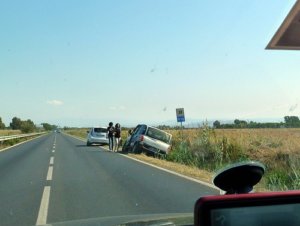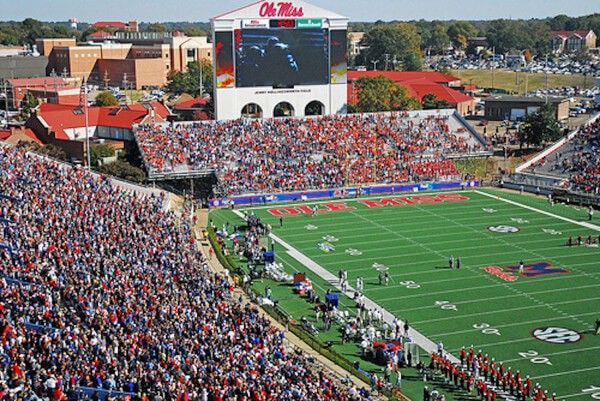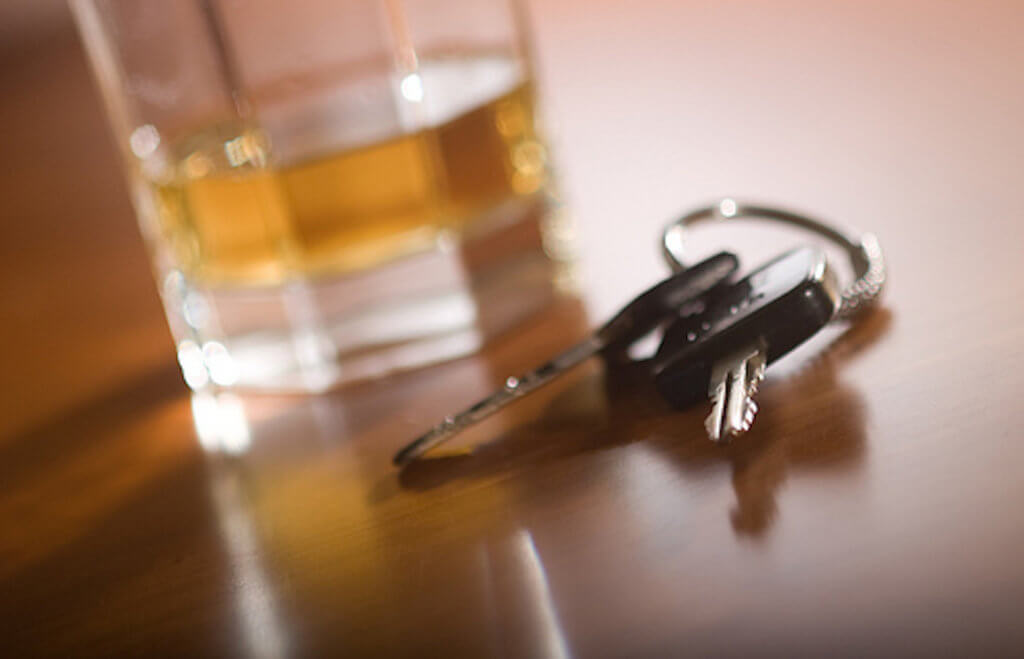A Texas jury recently returned an award in the amount of $497.6 million to five DePuy Pinnacle hip plaintiffs. Approximately $360 million was designated as punitive damages while the remainder of the settlement was for compensatory damages. Prior to this landmark settlement, Johnson & Johnson and its subsidiary, DePuy Orthopaedics, Inc., submitted numerous requests to the Court to divide the trial into two parts in an effort to obtain a ruling on a specific set of legal issues without the Court looking at all aspects of the Plaintiffs’ claims. DePuy also submitted more than ten requests for a mistrial. All of the requests were denied during this bellwether trial presided over by Judge Ed Kinkeade, of the U.S. District Court for the Northern District of Texas. [Read more…]
Bananas Are the Least of Your Concerns When It Comes to Slip and Falls
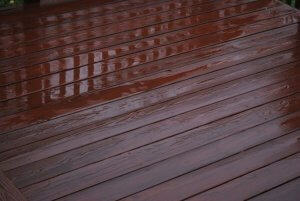 On Saturday mornings, my family would gather around and watch as Looney Tunes villains targeted our favorite characters with anchors and bombs and laugh as Bugs Bunny and friends would retaliate with none other than…banana peels. Although the banana seems less dangerous than your everyday anchor, the slippery peel would turn the characters upside down and flat on their backs.
On Saturday mornings, my family would gather around and watch as Looney Tunes villains targeted our favorite characters with anchors and bombs and laugh as Bugs Bunny and friends would retaliate with none other than…banana peels. Although the banana seems less dangerous than your everyday anchor, the slippery peel would turn the characters upside down and flat on their backs.
This theatrical yet serious act was not invented by the Looney Tunes characters though. Rather, the origin of the dangerous banana began in the early 1900s when the popular fruit peel would be left on the ground to rot and create a slimy, slippery hazard, according to the Myth Busters on Discovery. [Read more…]
What to Do During and After a Car Accident
It seems that phrases such as “it was so unexpected” and “good things happen to bad people” always fall into conversation after a car accident. Like most tragic accidents, auto crashes happen when you least expect them.
No matter the time or the season, it is essential that you know what to do if you are ever in a car accident. The minutes—even seconds—after a car accident can prove crucial for your health, well-being, and future. [Read more…]
Winter Slip and Fall Safety Tips and Tricks
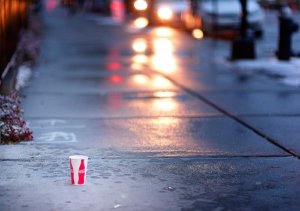
It is hard to forget the frigid winter that we had last year. The polar vortex struck Desoto County and the north and south both faced troubles. States on the northern border like New York, Connecticut, Minnesota and Ohio had lots of snow and below freezing wind chills, while the southern states like Georgia, Tennessee, and Mississippi learned how to deal with ice, and winter traffic delays. [Read more…]
Ole Miss Football Ticket Giveaway!
Stroud, Flechas & Dalton is giving away one set of Ole Miss football tickets, for the home game on September 27th. Ole Miss will play the Memphis Tigers, one of their biggest rivals, and this game is one that college football fans don’t want to miss. [Read more…]
Philip Stroud Selected as a Top 100 Trial Lawyer

The National Trial Lawyers is a professional organization that focuses on life-long advocacy training, educational programming, and networking. The organization is a common place for clients to find a civil plaintiff and criminal defense trial lawyers in their state and around the country.
In order to achieve this status, Philip underwent a multi-phase selection process and was ultimately asked to join this “invitation only” organization. All members are re-evaluated every year to ensure that only the most qualified are granted membership in the organization. [Read more…]
DUI Myths Debunked
If you have been charged with a DUI/DWI in Mississippi or Tennessee then you are likely scared, and a million scenarios of what may happen to you are running through your head. [Read more…]
Americans Serving Undeserved Jail Time
When you hear that a person is sent to jail, you expect that they have committed a crime that deserves jail time. But, unfortunately, many Americans are sent to jail for committing nonviolent crimes.
According to a recent news article, a report from the American Civil Liberties Union (ACLU) revealed that in 2012 more than 3,000 Americans were serving life sentences in prison without parole for nonviolent crimes. [Read more…]
DeSoto County Developing Green Transportation
April showers bring May flowers: spring is in full swing and that means lots of green, everywhere. DeSoto County and regional officials are taking advantage of the season by planning and developing the environmentally friendly future of our region.
The officials are developing the Memphis Greenprint and Sustainability Plan and have been holding public meetings to gather feedback from residents about the best way to make the county even more sustainable. [Read more…]
Driver Attacked, Teenager Charged
In some cases of assault, it is hard to tell who committed a crime and who was acting to protect or defend another person.
A Michigan teenager was recently arrested for the assault of a driver who accidentally hit a young boy who had stepped out into the street. According to a recent news article, the driver was beaten right after he stepped out of his car to check on the injured child. [Read more…]
- 1
- 2
- 3
- …
- 22
- Next Page »

